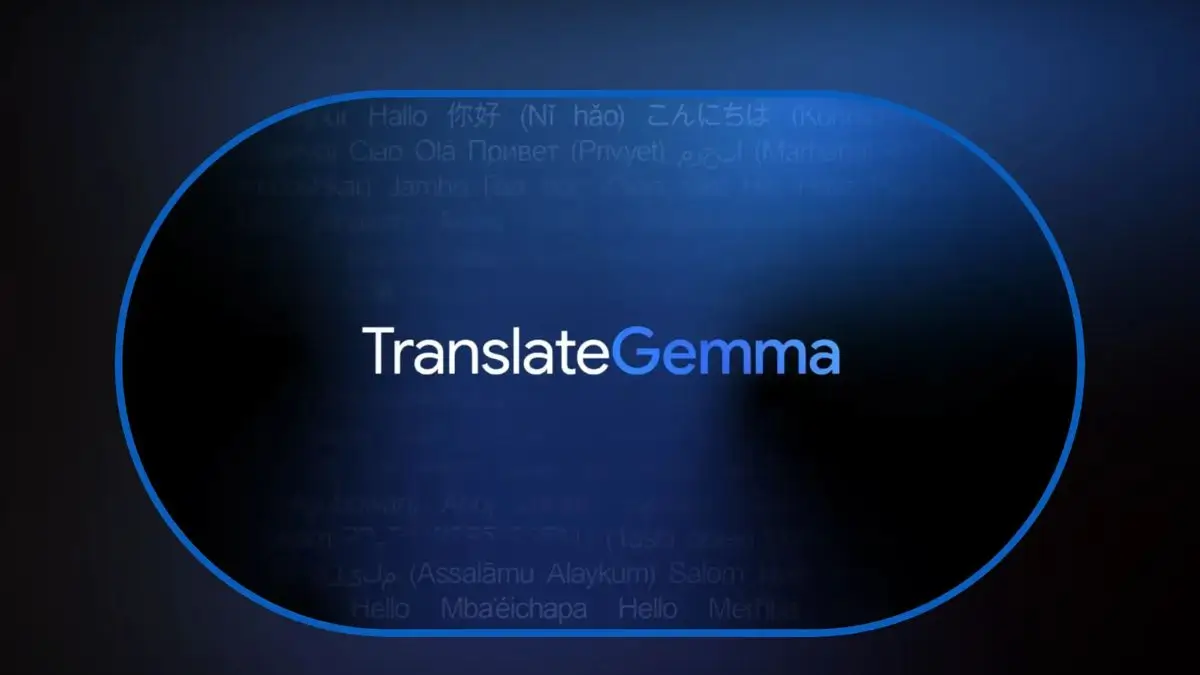Neutral Citation System : CJI Dy Chandrachud announces launch of Neutral Citations for SC Judgements
The Chief Justice of India (CJI) N V Ramana and Justice D Y Chandrachud have announced the launch of a new system of Neutral Citations for all judgments delivered by the Supreme Court. The Neutral Citation system will be implemented from September 1, 2022, and is expected to bring uniformity and ease of access to the judgments of the apex court.

Why this News is important
The launch of the Neutral Citation system for Supreme Court judgments is a significant development for legal professionals and law students alike. Here are some reasons why this news is important:
Uniformity in citing judgments
The Neutral Citation system aims to bring uniformity in the citation of judgments, which has been a long-standing issue in the legal field. With the implementation of this system, every judgment will have a unique identifier that can be used uniformly across all platforms, making it easier for legal professionals and researchers to access and cite judgments.
Ease of access
The Neutral Citation system will make it easier for law students, researchers, and legal professionals to access Supreme Court judgments. The system will provide a unique identifier for each judgment, making it easy to search for and access judgments online.
Transparency and accountability
The Neutral Citation system will increase transparency and accountability in the Indian legal system. With a unique identifier for each judgment, it will be easier to track and verify the authenticity of the judgments.
Historical context
The launch of the Neutral Citation system for Supreme Court judgments is a significant step towards modernizing the Indian legal system. The idea of Neutral Citations was first introduced in the United Kingdom in 2001 to provide a unique identifier for judgments that can be used across all platforms. Since then, several other countries, including Australia, Canada, and New Zealand, have adopted the system.
In India, the idea of Neutral Citations was first proposed by the Supreme Court in 2018. The proposal was aimed at addressing the issue of inconsistencies in the citation of judgments and making it easier for legal professionals and researchers to access and cite judgments.
After several years of deliberation, the Supreme Court has finally announced the launch of the Neutral Citation system for all judgments delivered by the apex court.
Key Takeaways from “CJI Dy Chandrachud announces launch of Neutral Citations for SC Judgements”
Here are the 5 key takeaways that students preparing for government exams, including teachers, police officers, banking, railways, defense, and civil service positions like PSCS to IAS should know:
| Serial Number | Key Takeaway |
|---|---|
| 1. | The Supreme Court will implement a Neutral Citation system for all judgments from September 1, 2022. |
| 2. | The Neutral Citation system will provide a unique identifier for each judgment, making it easier to access and cite judgments. |
| 3. | The system will bring uniformity in the citation of judgments and make it easier to track and verify the authenticity of judgments. |
| 4. | The launch of the Neutral Citation system is a significant step towards modernizing the Indian legal system. |
| 5. | The idea of Neutral Citations was first introduced in the UK in 2001 and has been adopted by several countries, including Australia, Canada, and New Zealand. |
The launch of the Neutral Citation system for Supreme Court judgments is a significant development for the Indian legal system. It will bring uniformity and ease of access to judgments and increase transparency and accountability in the Indian legal system.
Important FAQs for Students from this News
Q. What is a neutral citation?
A. A neutral citation is a unique identifier assigned to a judgment by a court, which helps in easy and efficient referencing of the judgment.
Q. Who launched the neutral citation system for judgments in India?
A. The Chief Justice of India, N.V. Ramana, and Justice D.Y. Chandrachud, launched the neutral citation system for judgments in India.
Q. Will the neutral citation system replace the existing citation system for judgments?
A. No, the neutral citation system will run parallel to the existing citation system for judgments.
Q. What is the purpose of the neutral citation system?
A. The purpose of the neutral citation system is to provide a universal and neutral mode of citation of judgments that will be independent of any report series, making it easier to access the judgments.
Q. What are the benefits of the neutral citation system?
A. The benefits of the neutral citation system include easier access to judgments, reduced reliance on print media, and a standardized mode of citation that will be recognized across jurisdictions.
Some Important Current Affairs Links

















